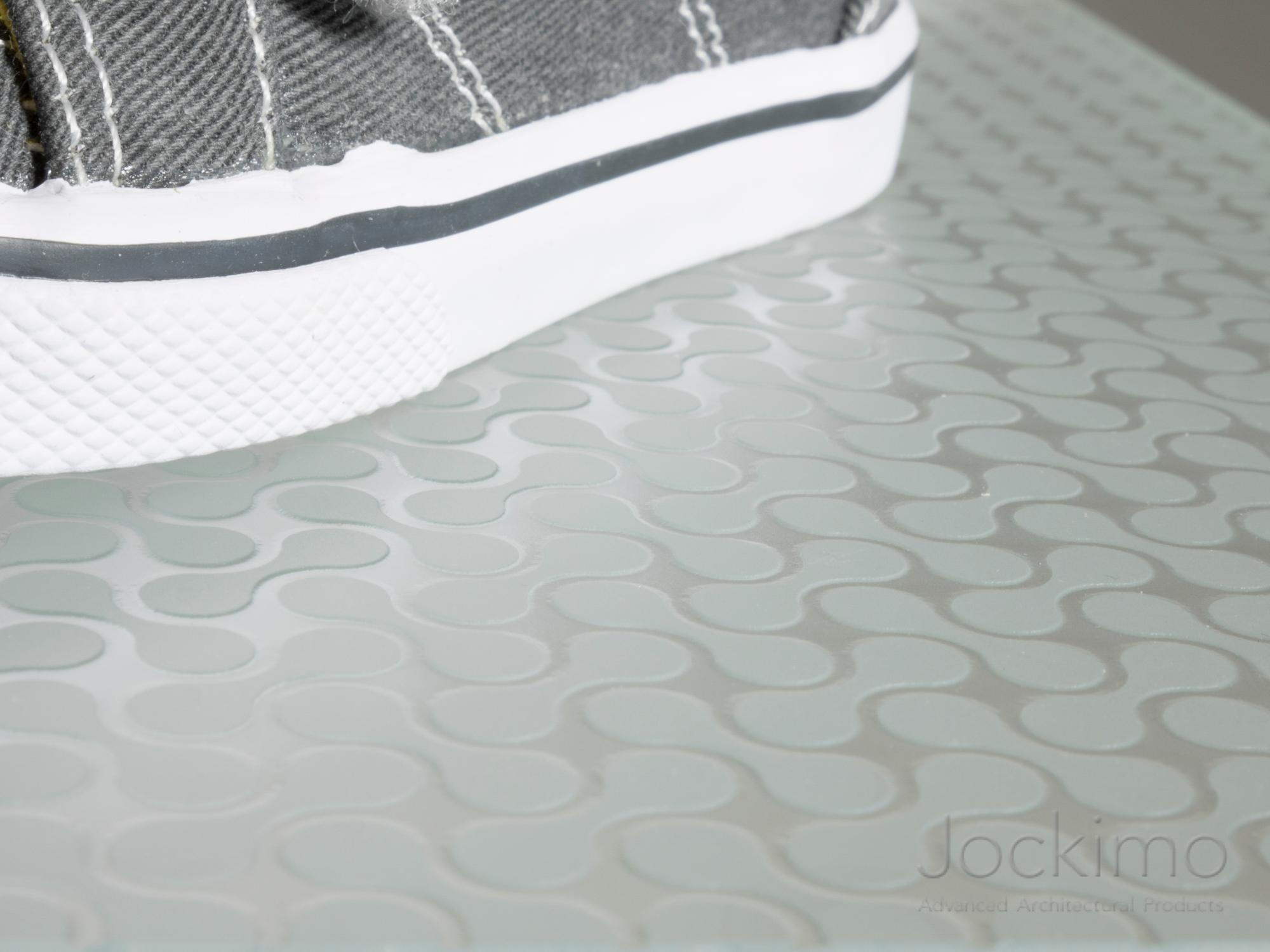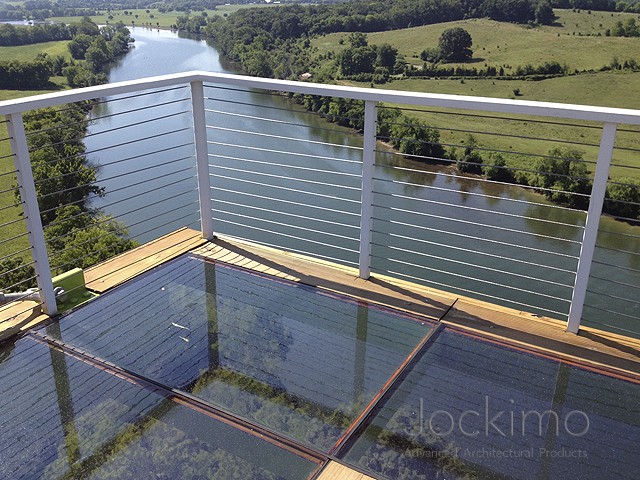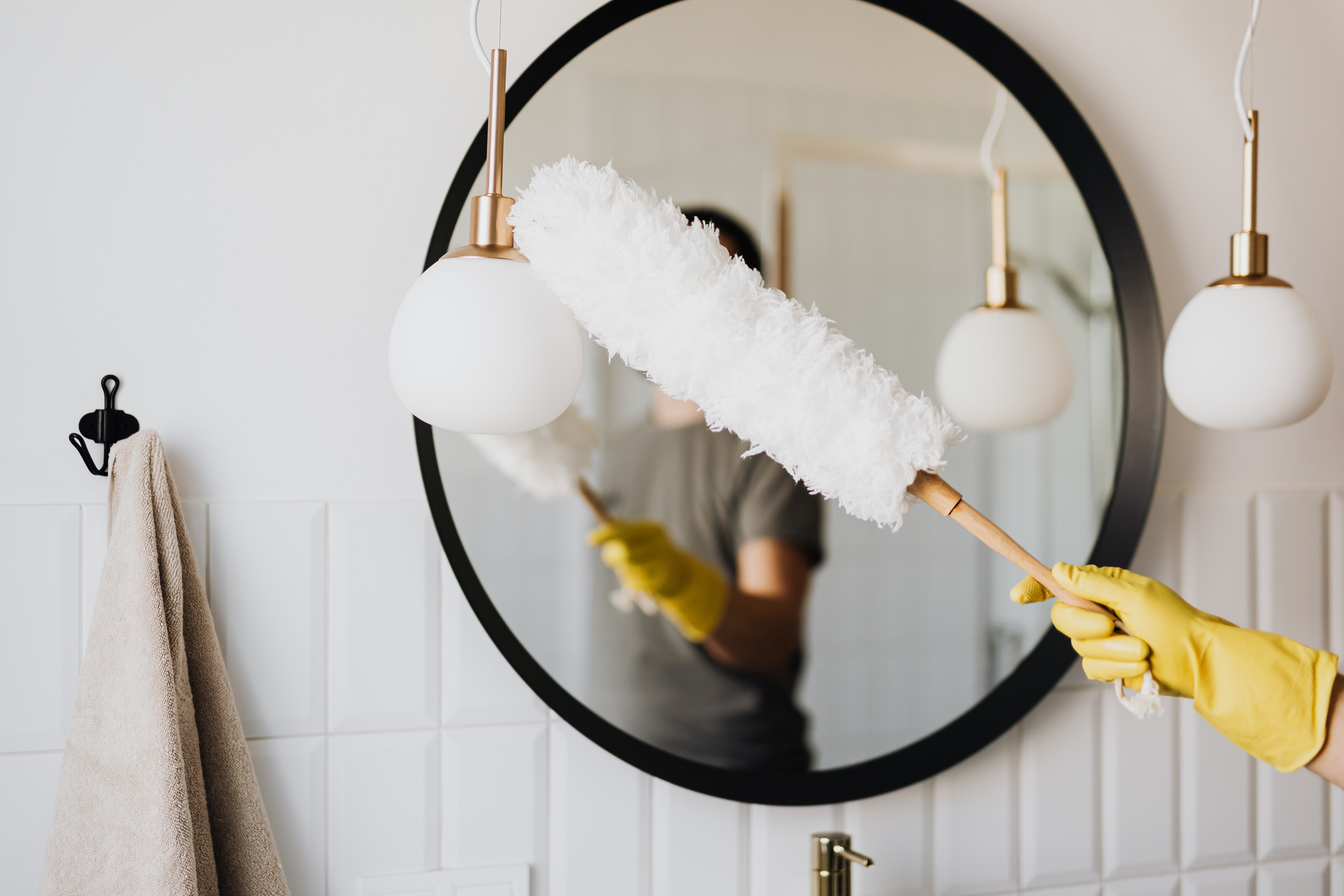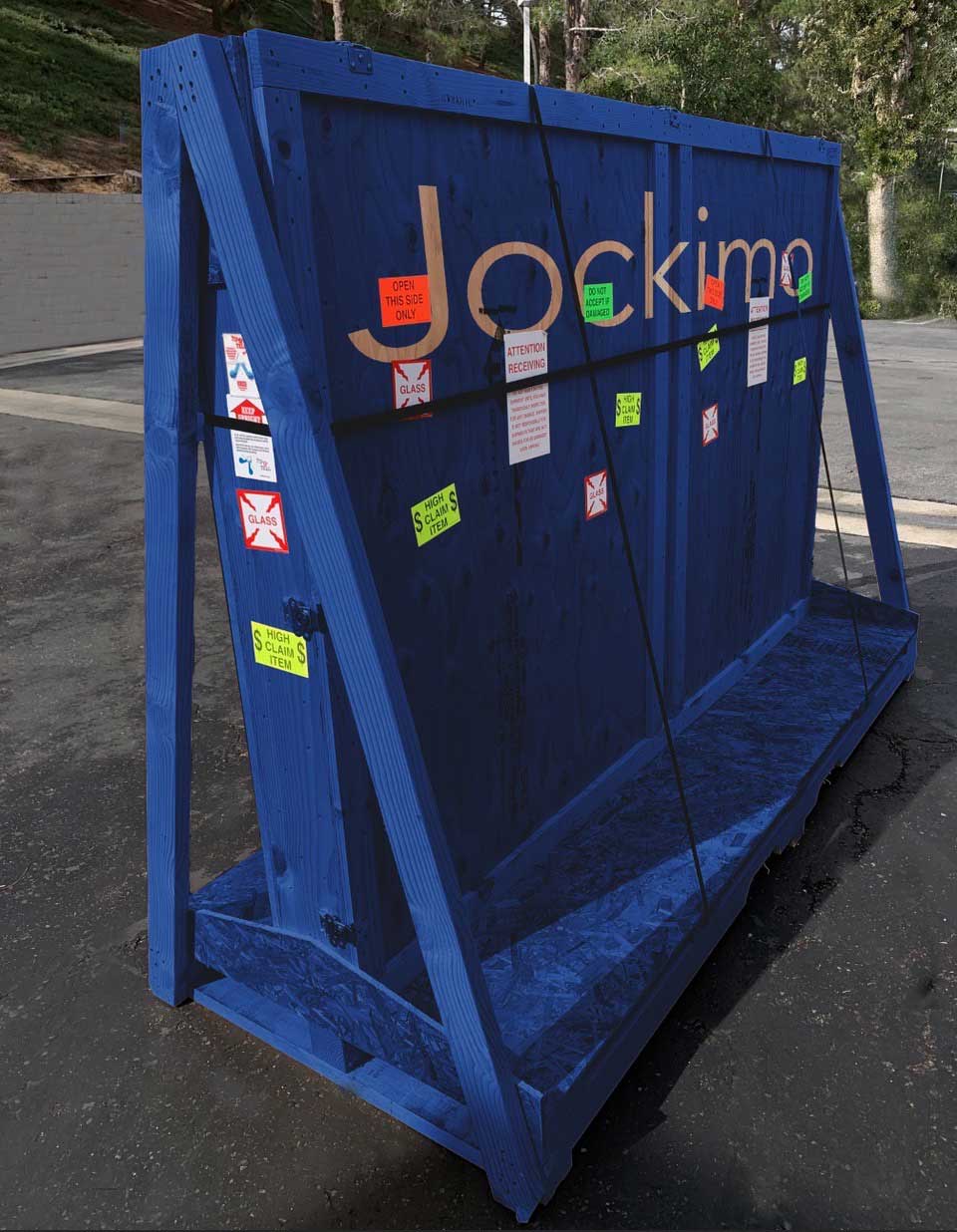Glass Flooring Frequently Asked Questions
- Details
Answers to Everyone’s Top Glass Flooring FAQs

If you’re thinking about adding glass flooring and treads to a commercial or residential space, you probably have questions. Thankfully, we’ve got answers! Here are insights into 15 of the most common glass flooring FAQs.
15 Questions We Get (All the Time!) about Glass Flooring
-
Is glass flooring safe?
When designed, manufactured, and installed properly, glass floors are every bit as safe as any other flooring.
Walking on a transparent floor might feel precarious or perilous, but you’re in no more danger than when you’re walking across hardwood or any other flooring material.
To ensure safety, make sure the glass flooring was designed with the following elements:
- Antislip glass
- Failure redundancy (in the unlikely event a panel does crack or fail)
- Appropriately thick glass panels
If you’re thinking about opting for glass flooring, safety should be your number one concern. Before you invest, educate yourself about glass flooring safety.
-
Is glass flooring slippery?

Manufactured with the appropriate antislip glass, glass flooring is not slippery in the interior or exterior settings.
Without that manufacturing precaution, glass floors would be dangerously slick—especially outside. This important safety feature is absolutely something to discuss with your custom glass manufacturer.
Ensure the nonslip surface complies with worldwide anti-slip standards and National Floor Safety Institute (NFSI) requirements.
Don’t forget to also ask about your antislip options. They’re not all the same, and each one has pros and cons.
When you work with Jockimo, you have four antislip options:
- GlassGrit™ (kiln-adhered glass aggregate)
- GlassFrit™ (baked-on antislip surface)
- GlassEtch™ (acid-etched pattern with frosted appearance)
- GlassSculpt™ (acid-etched process with transparent appearance)
-
Is glass flooring durable?
When manufactured properly, glass flooring is highly durable. This means it’s not only safe and unlikely to fail, but it’s also resistant to daily wear and tear.
The durability of a glass floor will depend on several factors:
- Was scratch-proof glass used? If not, the floors will likely show scratches, scuffs, and dings over time.
- Are the glass panels appropriate thicknesses? Your glass manufacturer and project engineer should work together to determine the safest thickness of the glass flooring panels for your project.
- Was it designed to ASTM standards? Every glass floor needs to be in compliance with all regulatory safety bodies. No material is indestructible, but generally speaking, glass is excellent at bearing weight and not great at high-impact blows from narrow objects (blunt trauma).
-
What thickness of the glass is used for glass flooring?
The thickness of glass flooring panels depends on the engineering of the specific project. Always consult with your glass manufacturer and project engineer.
For a standard project, though, a panel is composed of three glass pieces. Each glass piece is 3/8” thick, which gives you a total thickness of about 1 ¼”.
All stair treads and glass flooring panels must be made from at least three pieces of glass. This ensures the project will be structurally sound, even if one glass panel were to break.
-
Will a glass floor scratch?

Scratches, gouges, dings, and scuffs can all occur on an untreated glass surface. To maintain a pristine, sleek aesthetic, glass flooring should be treated with an anti-scratch coating.
This applies to any glass floor, but it’s especially important in commercial or high-traffic areas.
-
Are glass floors expensive?
It depends on many factors:
- Size
- Shape
- Thickness
- Level of customization
- Type of glass
- Antislip coating
- Anti-scratch coating
For the total cost, you also need to factor in the support system and installation.
Given all this, is glass flooring more expensive than other flooring options? Yes. If your aim is solely to create a budget-friendly floor, glass flooring is not a good fit for your project.
If, however, you’re looking for something bold and unique that capitalizes on daylighting, then glass flooring could be exactly what you need.
The other factor to consider with pricing is that glass flooring is almost always custom. If you tell your glass manufacturer what you want to spend, the company can work with that number to create something beautiful and on budget.
To get a quote for your potential project, contact us today. We’d be happy to discuss your flooring needs.
-
Is there any way to maintain modesty with glass flooring?

Transparent glass flooring does present a tricky modesty issue, but there are ways to address this.
The glass flooring panels can either be transparent or frosted. Transparent glass is completely see-through and allows for maximum light transfer; frosted glass obscures anything above while also letting some light through.
The frosted option provides more privacy and is commonly used in commercial applications. In private residences, people tend to be less concerned with this issue and often opt for clear glass.
-
Can glass floors be used inside and outside?
Yes, glass flooring is perfectly suitable for interior and exterior uses. In both cases, antislip and anti-scratch surfaces are necessary.
When dealing with exterior glass floors, there is one extra consideration to take into account: waterproofing.
Does the area underneath that outdoor floor need to be entirely waterproof (not just water resistant)? If so, it’s possible to create a waterproof glass floor, but it will be more expensive.
Consult with your glass manufacturer and project engineer to get an estimate for your project.
-
Can I create a custom glass floor?
Yes, custom glass floors are possible.
Customization applies to:
- Glass panel size
- The shape of glass panels
- Type of anti-slip coating
- Desired color, texture, or pattern
In many cases, creating a glass floor will be an entirely custom bespoke process.
-
Where can glass flooring be used?
Glass flooring can be used for inside or outside installations. It’s also used in both commercial projects and private residences.
Glass flooring can be found in any of the following applications:
- Glass stair treads
- Glass decks
- Walkable skylights
- Glass bridges or walkways
- Operable glass flooring panels
-
Are glass floors easy to maintain?

Glass is a very low-maintenance product. A light dusting is often sufficient for day-to-day cleaning.
Getting that anti-scratch surface is one of the best ways to ensure the longevity and visual integrity of your glass flooring.
Once a year, architectural glass products should be inspected. This includes the whole project, from the glass itself to hardware, grout, and adhesives.
For more information, here are some best practices for how to clean glass floors.
-
Is glass flooring heavy?
Yes! A standard three-layer piece of glass (approximately 1 ¼” thick) weighs about seventeen pounds per square foot.
-
What’s the maximum size of a glass panel?
When sizing glass panels, it’s often less about the dimensions of the piece and more about the weight. Your glass manufacturer and project engineer will determine the maximum allowable weight for any given panel, and design dimensions to accommodate it.
The largest panel we’ve produced at Jockimo was about forty square feet, and it weighed about seven hundred pounds.
When considering larger glass flooring panels, take into account that extra support will be needed to accommodate the weight. This is all possible, but it will affect budget.
-
What factors should I consider with shipping?

Shipping is an important but often-overlooked factor with glass flooring. The last thing you want is to design a beautiful, custom project and then have it damaged in transit.
When qualifying glass manufacturers, ask them about their shipping process:
- What kind of crating or packaging can I expect?
- What carrier service is used?
- Are other options available upon request?
- How much will the shipping cost?
-
Is glass flooring a good choice for me?
The right flooring for you is a highly personal decision based on many factors:
- Budget
- Aesthetic preferences
- Desired maintenance requirements
- Customization options
- Installation process
If you’re looking for a way to add sophistication to a space, as well as light and a more spacious feel, glass flooring is worth exploring.
Did We Miss Your Question about Glass Floors?
Still have a question about the glass flooring we didn’t cover. Reach out.
We’re always happy to lend our insight and knowledge.


